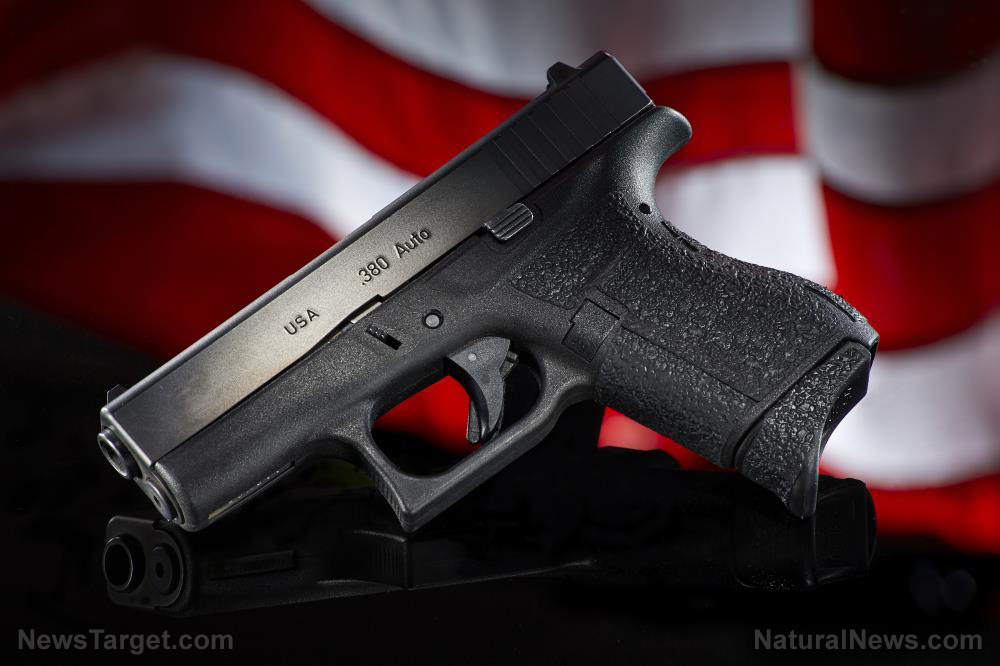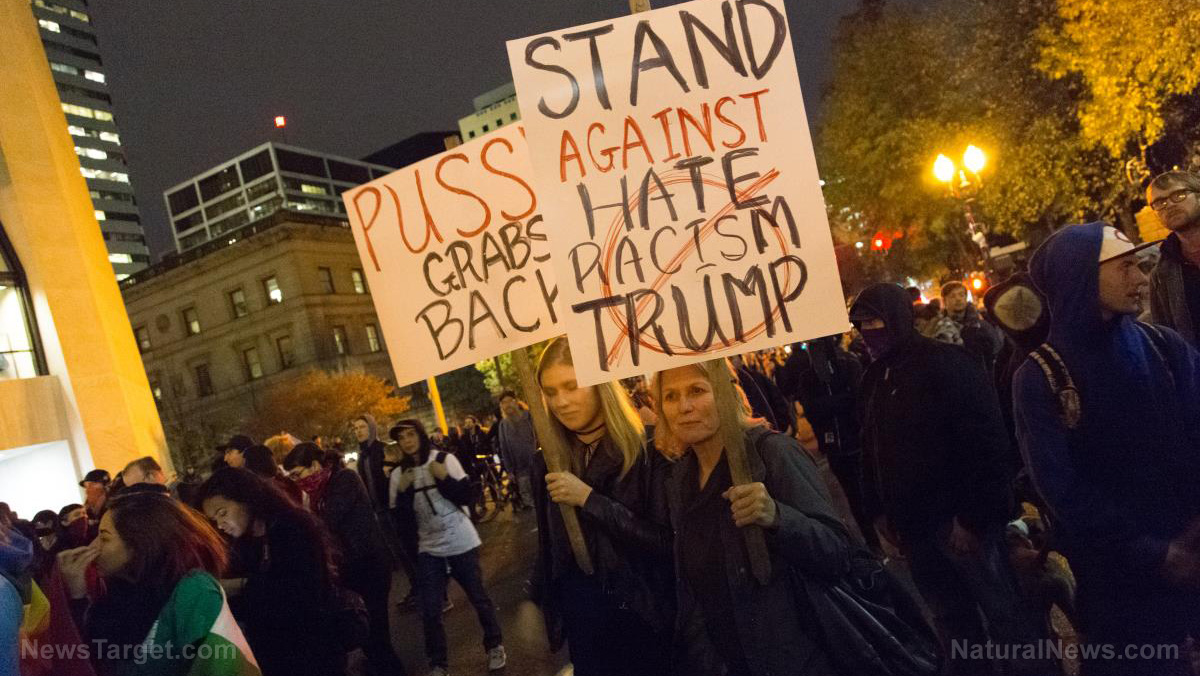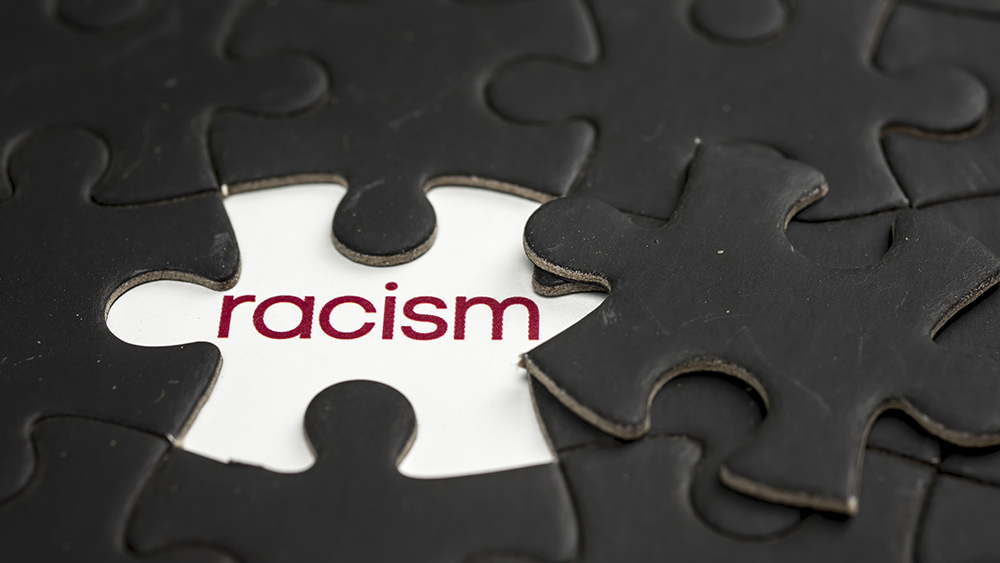
The Anti-Defamation League’s claims that right-wing extremists are responsible for most “extremist-related killings” are so completely baseless that even the Washington Post had to call them out on it.
Columnist Megan McArdle says that although there are certainly examples of right-wing political violence in the news, the data just doesn’t support the ADL’s claims that it is a bigger problem than other types of political violence.
After the Buffalo supermarket shooting last month in which an 18-year-old white suspect killed 10 black people, the press jumped on the right, with the New York Times’ David Leonhardt describing a “violence problem that has no equivalent on the left.” Many of the articles that tried to push this narrative cited data from the Anti-Defamation League showing the vast majority of the 443 murders committed by domestic political extremists in the last decade were carried out by those with ties to right-wing groups.
The ADL’s data claims that 75 percent of extremist-related murders were the result of right-wing extremism across all movements, while just 4 percent were due to left-wing extremism (including anarchists and black nationalists). Twenty percent were attributed to domestic Islamist extremism, while just 1 percent came from other types of extremism.
However, these numbers are pretty easy to manipulate depending on how you define the term “extremist.” The ADL did this masterfully, defining all homicides that were committed by members of white gangs (most of which were prison gangs) as being the work of right-wing extremists while not defining Latino or black gangs as being politically motivated.
ADL cherry picked cases to inflate numbers
For example, they included a case in their data in which five people were charged for the murder of a 14-year-old girl in Georgia. Because the suspects were members of a white supremacist prison gang, they counted this as a politically motivated homicide even though the girl was actually shot as she ran away from them during a home invasion.
Another case they counted as a right-wing extremist homicide involved a man who was charged with capital murder for shooting a police officer as part of a car chase; he had fired from the vehicle and had no idea who he was shooting at the time. However, because he had white supremacist tattoos, they decided to use this case to inflate their numbers.
In a different incident they considered right-wing extremism, “manosphere” member Lyndon McLeod went on a shooting spree in Colorado – but it appears that he was killing people he had known from his local tattoo community for personal grievances that were unrelated to political ideology. Other cases they counted included cases of white supremacists killing their wives and prison gang members participating in pedestrian criminal violence.
According to McArdle, all prison gangs organize largely along racial lines, yet the ADL only coded white gangs as white supremacist groups instead of criminal organizations. Many criminals who do not have a particular racial motivation join these gangs for protection and commit crimes with them that have nothing to do with race, so why are they being considered right-wing extremism?
Even the ADL acknowledged that the data could be skewed in the sense that white supremacist gangs often have prominent visual signifiers like tattoos, which means authorities are more likely to pick up on their associations in any type of crime than someone who, for example, watches Islamic State videos at home and then happens to shoot a family member.
“After all those reports on the threat of right-wing violence, any new case with a tenuous link to the alt-right or the Aryan Brotherhood seems like part of a trend meriting wall-to-wall coverage. Meanwhile, a Black man driving into a parade after making anti-White remarks on Facebook is seen as a sick individual,” McArdle wrote.
Of course, exaggerating the threat of neo-Nazi extremism in America gives the ADL a nice boost in its push for domestic terrorism legislation to advance their political agenda.
Sources for this article include:
Please contact us for more information.




















